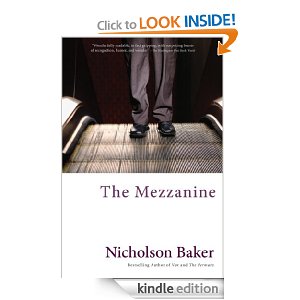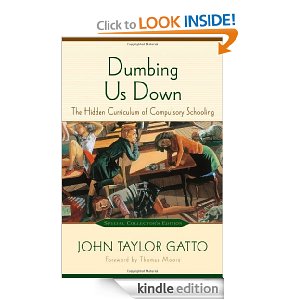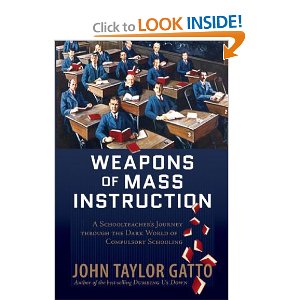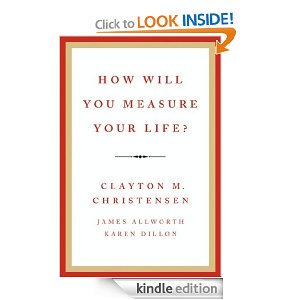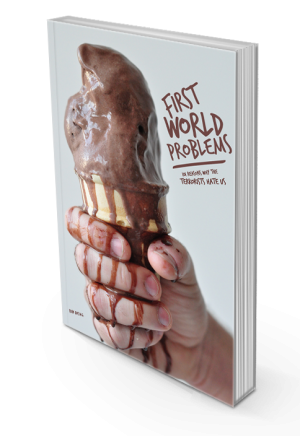In case you’re looking for a few books to fill out summer, here are a few recent favorites of mine:
Book:
Why I liked it:
A book about nothing? You’re mistaken. This is a book about everything. This is proof that anything can be made interesting. Yes, a trip to the local convenience store to find a pair of shoelaces over lunch can hold me attention for 150+ page.
Quote:
I paid for the carton of milk, and then the girl (her name tag said “Donna”) hesitated, sensing that some component of the transaction was missing: she said, “Do you want a straw?” I hesitated in turn—did I? My interest in straws for drinking anything besides milkshakes had fallen off some years before, probably peaking out the year that all the major straw vendors switched from paper to plastic straws, and we entered that uncomfortable era of the floating straw;1 although I did still like plastic elbow straws, whose pleated necks resisted bending in a way that was very similar to the tiny seizeups your finger joints will undergo if you hold them in the same position for a little while.
Book:
Why I liked it:
It’s like finding out professional wrestling is fake. The purpose of school isn’t to make you smart. The purpose is to teach you to be compliant and dependent on relying on others to tell you what to do. John Taylor Gatto was a school teacher for 30 years in New York and offers a scathing critique of schools.
Quote:
We’ve built a way of life that depends on people doing what they are told because they don’t know how to tell themselves what to do. It’s one of the biggest lessons I teach.
Whatever an education is, it should make you a unique individual, not a conformist; it should furnish you with an original spirit with which to tackle the big challenges; it should allow you to find values which will be your road map through life; it should make you spiritually rich, a person who loves whatever you are doing, wherever youare, whomever you are with; it should teach you what is important: how to live and how to die.
Book:
Why I liked it:
Same reasons as his other book.
Favorite quotes:
When you flip hamburgers, sit at a computer all day, unpack and shelve merchandise from China year after year, you manage the tedium better if you have a shallow inner life, one you can escape through booze, drugs, sex, media, or other low level addictive behaviors. Easier to keep sane if your inner life is shallow. School, thought Harris the great American schoolman, should prepare ordinary men and women for lifetimes of alienation.
In the industrial state which emerged rampant in the wake of the Civil War, the entrepreneurial egalitarianism of the original American design was put to death by factories and licensing laws, government interventions and requirements, and eventually by forced schooling.
With this radical transformation from local democracy to defacto oligarchy, people with minds of their own became an impediment to efficient management. Think of it this way: lives assigned to routine work are best kept childish. Childish people are not only obedient (if we discount their occasional tantrums), but they make the best consumers because they have little natural sales resistance. Since Plato, a stream of utopian writers has worked to give management recipes to cook childish lives; lives susceptible to the will of their betters.
A big secret of bulk-process schooling is that it doesn’t teach the way children learn; a bigger secret is that it isn’t supposed to teach self-direction at all. Stanley-style is verboten. School is about learning to wait your turn, however long it takes to come, if ever. And how to submit with a show of enthusiasm to the judgment of strangers, even if they are wrong; even if your enthusiasm is phony.
Book:
Why I liked it:
His previous book, The War of Art, is one of my all time favorites. While Turning Pro doesn’t eclipse that book, it’s motivating fuel for any creative.
Favorite quotes:
The difference between an amateur and a professional is in their habits. An amateur ahs amateur habits. A professional has professional habits.
Book:
Why I liked it:
It makes you think about your life. The section on marginal thinking should be read by everyone. The case study is business (Netflix vs Blockbuster) but the slow decay a lot of people experience is from marginal thinking.
Favorite quote:
100 Percent of the Time Is Easier Than 98 Percent of the Time
